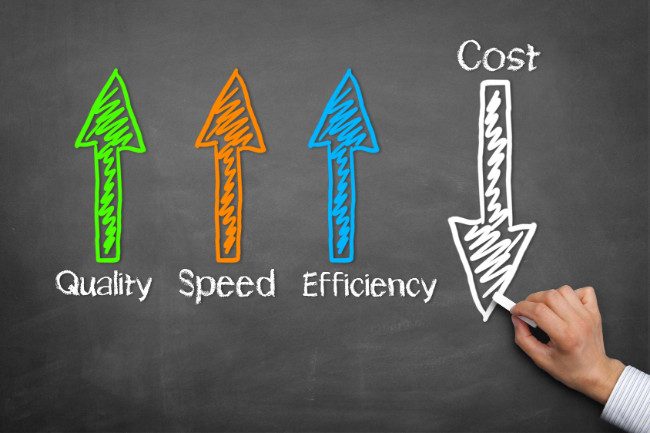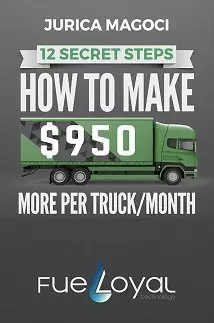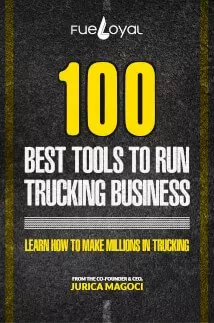Every good logistics company should have set of objectives and goals to reach!
Part of the planning process of every logistics company is setting up some business goals and objectives that need to be accomplished throughout the year.
These goals and objectives might pertain to the logistics business as a whole, or they might refer to different departments, customers, employees, and even marketing efforts.
I am sure you will all agree with me that the first and main goal of every logistics company is to get things from point A to B in a timely, efficient and cost effective manner!

However, that’s the first goal, but we all know what all it takes to get there! So yes, there are hundred’s other goals to be reached, in order to accomplish the first and main goal!
Every logistic company has main focus and activity on detailed coordination of the complex operation, which involves many people, facilities, or supplies.







